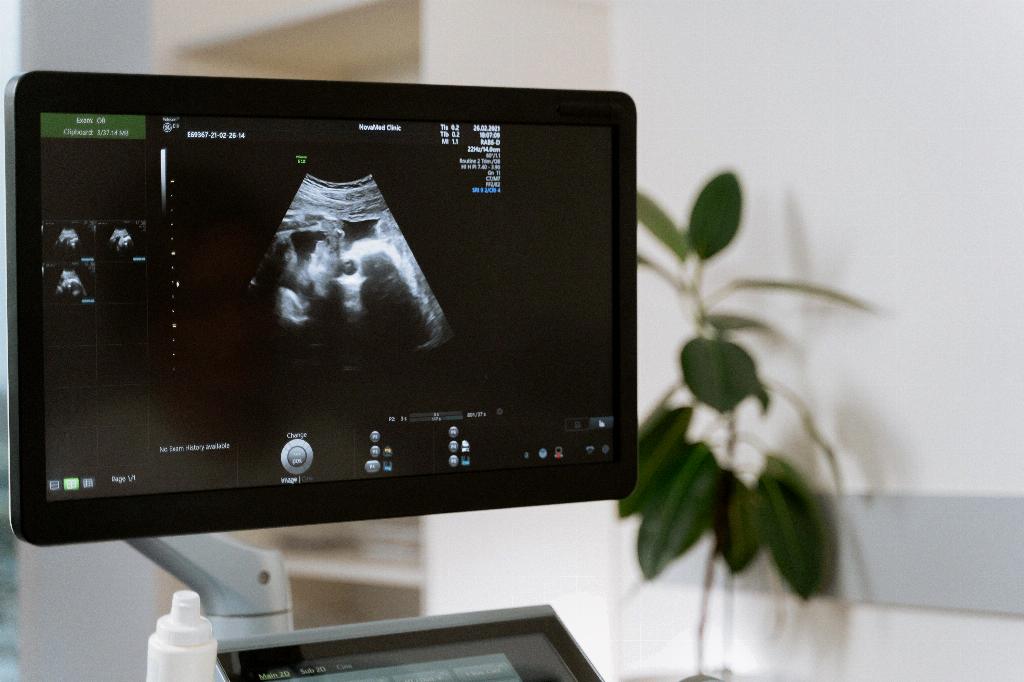Before diving into how FSH and LH impact pregnancy, it’s important to understand the vital role these hormones play in the fertility journey. These two hormones, namely luteinizing hormone (LH) and follicle-stimulating hormone (FSH), are key players in the intricate process of conception.
Let’s start with FSH. Follicle-stimulating hormone, as the name suggests, is responsible for stimulating the development of follicles in the ovaries. These follicles contain immature eggs, and FSH plays a crucial role in ensuring that these follicles grow and mature properly.
On the other hand, LH, or luteinizing hormone, works in tandem with FSH to regulate the menstrual cycle and ovulation. LH surge triggers the release of a mature egg from the ovary during ovulation, marking the most fertile window for conception.
During pregnancy, the levels of FSH and LH undergo significant changes as the body adjusts to support the growing fetus. While FSH and LH are primarily associated with ovulation, their functions continue to play a role in the early stages of pregnancy.
FSH and LH levels play a critical role in maintaining a healthy pregnancy. These hormones help support the corpus luteum, a temporary endocrine structure formed after ovulation, which produces progesterone vital for sustaining the pregnancy.
Moreover, FSH and LH contribute to the regulation of estrogen levels during pregnancy. Estrogen plays a crucial role in the development of the placenta and fetal organs, ensuring proper growth and development throughout the gestational period.
As pregnancy progresses, FSH and LH levels gradually decrease, reflecting the shift in hormonal balance as the body focuses on nurturing the developing fetus. While these hormones may not be as prominently discussed in the context of pregnancy, their influence remains significant.
It is essential to note that any disruptions in FSH and LH levels during pregnancy can have implications for fetal development and overall maternal health. Monitoring these hormone levels through routine prenatal care is crucial to ensure a healthy pregnancy.
In conclusion, FSH and LH, known for their roles in ovulation and fertility, continue to impact pregnancy through their effects on hormone regulation and supporting the early stages of fetal development. Understanding the functions of these hormones provides insight into the intricate mechanisms that contribute to a successful and healthy pregnancy.

